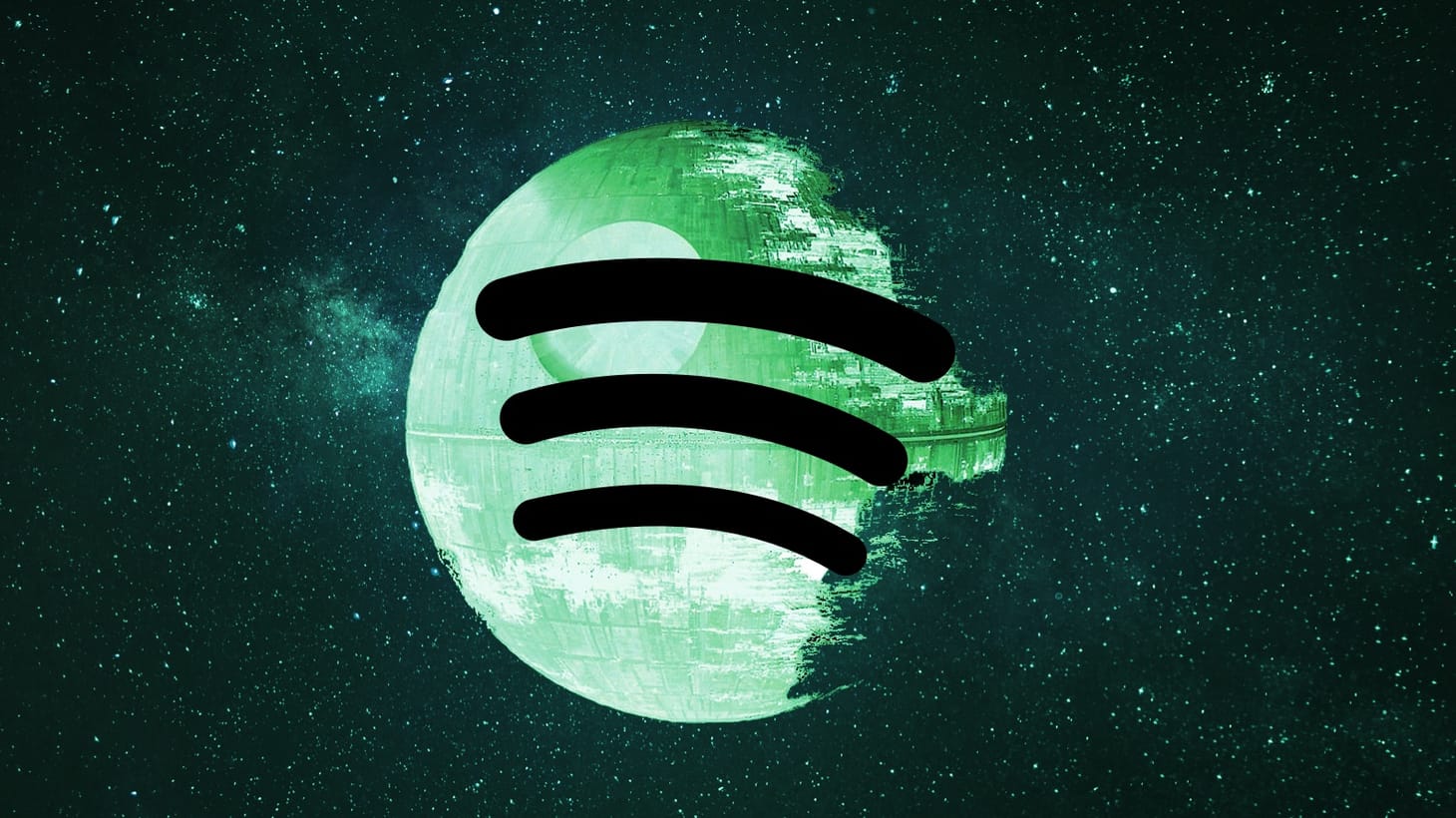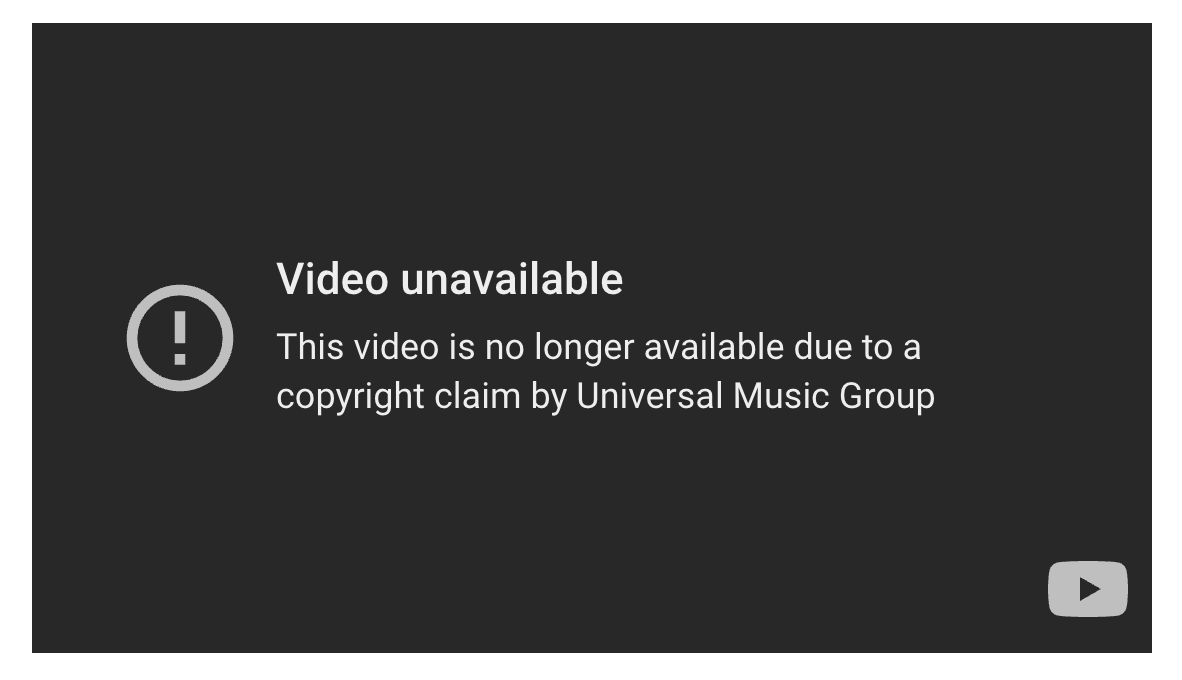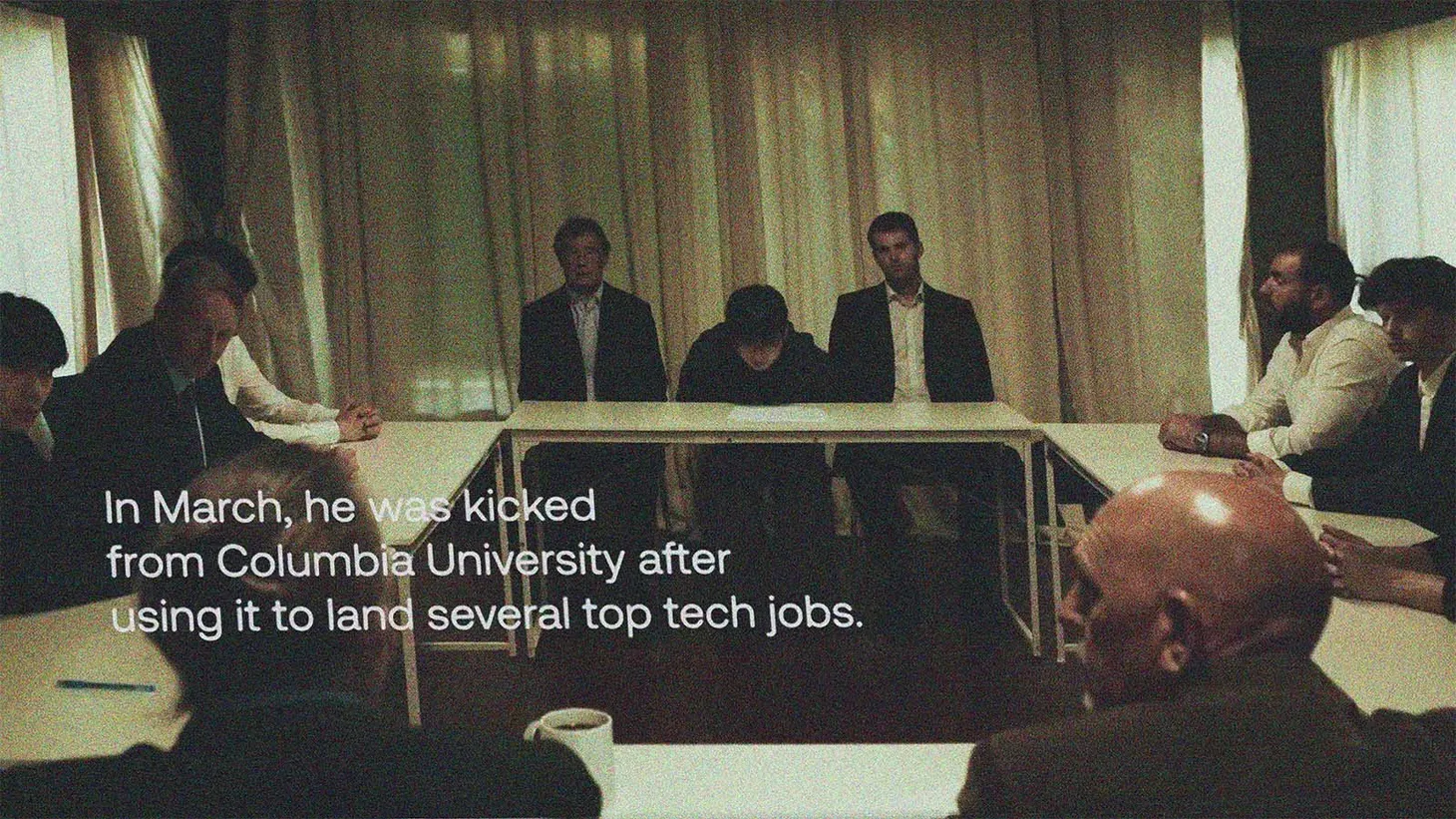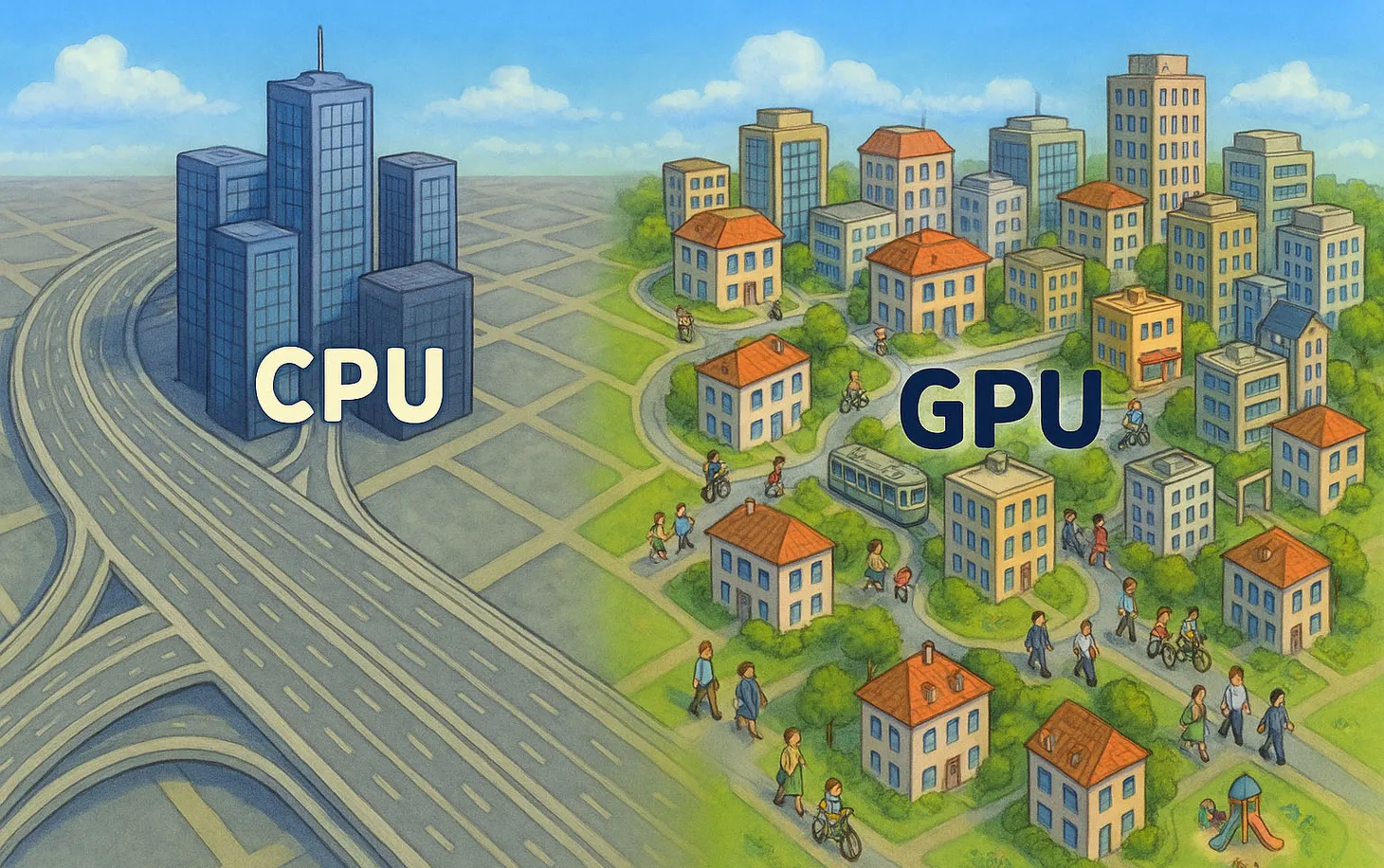Artificial Monopolies
When the world is flooded with fake content, you can't be yourself unless you pay someone. Centralized platforms will become bigger and stronger, but they'll also face whole new threats.


It seems to happen quite frequently these days. A new technology forces us to revisit old ideas about the relationship between innovation, society, and financial incentives. It is the nature of our economic system — and perhaps the nature of humans as a species — to constantly seek avenues for growth and expansion. Marx described this process in one of the most poignant passages in Das Kapital:
The [owner of capital] has stripped of its halo every occupation hitherto honored and looked up to with reverent awe. It has converted the physician, the lawyer, the priest, the poet, the man of science, into its paid wage laborers...
All that is solid melts into air, all that is holy is profaned, and man is at last compelled to face with sober senses his real condition of life and his relations with his kind.
The need of a constantly expanding market for its products chases the [owner of capital] over the entire surface of the globe. It must nestle everywhere, settle everywhere, establish connections everywhere.
Marx accuses the owners of capital ("the bourgeoisie"). I am not sure they are at fault, but the outcome he describes is true, and something in the nature of a market society drives it forward.
The market does not just expand into new places and activities; it also expands into us — into our personality and emotions and traits. Gradually, everything becomes quantified and tradable, and financialized.
This process intensified with the emergence of modern cities. Density, impersonality, and the speed of information made a new, granular division of labor possible. Suddenly, people could specialize and get paid for the narrowest of tasks — from people whose job is to turn a specific screw on an assembly line to those who got paid to sit at a dinner party and do nothing.
The internet intensified the division of labor and made it possible to turn more goods and services into sellable commodities. These services include actions that were previously unmarketable. As I pointed out earlier about Airbnb:
Instead of trusting each other, people put their trust in platforms that regulated a growing number of interactions. Sharing an apartment, borrowing a tool, giving someone a ride were no longer things people did for or with each other. They were products.
Platforms like Airbnb enable humans to sell favors and authenticity at scale. It is the industrialization of uniqueness. Other platforms, like OnlyFans, enable people to sell even more — their bodies and, perhaps, their souls. But doing so still requires the sellers to cross a line — to do something that most people consider dirty or inappropriate.
Humans have long looked for ways to scale and sell their own essence. In 1935, Walter Benjamin wrote in The Work of Art in the Age of Mechanical Reproduction that artworks lose their "aura" once they are copied and reproduced. In the early 20th Century, Max Weber developed the concept of "charismatic authority" to describe people who garner "followers" based on their unique traits rather than based on traditional, legal, or rational authority. Weber described how, over time, the leader's charisma must be "routinized" to maintain its power — it needs to be translated into a bureaucratic structure that outlives the original leader (think of Apple after Steve Jobs or Christianity after Jesus).
Generative AI is expanding the field of possibility. It enables the mass production of artworks that maintain an "aura." It enables the routinization and commoditization of a person's charisma. It enables individuals to sell their own essence or soul without doing anything inappropriate and without waiting for a bureaucracy to emerge after their death. But, at the same time, it also makes it impossible for humans to possess their own aura or charisma. It makes the most charismatic people dependent on corporate platforms in order to exist.
What am I talking about?
A few days ago, an unknown artist released a music video that features a new song by Drake and The Weeknd. The song, Heart On My Sleeve, was generated using AI that simulated the voices of the two artists and (apparently) wrote or helped write the lyrics and music. It was a good song and a good story, and it immediately went viral.
I wanted to share the video with you. However, Universal Music Group, which has a contractual relationship with both Drake and The Weeknd, already got it removed from YouTube and other mainstream platforms. Universal also reportedly sent a memo to Spotify, Apple Music, YouTube, and other music platforms to encourage them to root out any other fake songs and develop set up procedures to do so systematically.

Do you see what happened here? Someone managed to create a piece of art using the aura/charisma of two artists that did not participate in the actual process. The record label representing those artists leaned on distributors to ensure the song would not reach listeners. Want to know whether you're really listening to Drake? You'll have to listen on Spotify or Apple Music. If they say it's him, it's him.
It's impossible to take down all the fake content from the internet. But it is possible to ensure that a few platforms will only carry verified true content. As Ben Thompson pointed out:
one can make the case that most of the Internet, given the zero marginal cost of distribution, ought already be considered fake; once content creation itself is a zero marginal cost activity almost all of it will be. The solution isn’t to try to eliminate that content, but rather to find ways to verify that which is still authentic. As I noted above I expect Spotify to do just that with regards to music: now the value of the service won’t simply be convenience, but also the knowledge that if a song on Spotify is labeled “Drake” it will in fact be by Drake (or licensed by him!).
It follows that artists can no longer appear real on their own. Their voice or style or aura, or charisma is no longer sufficient to prove they are who they claim to be. The artist's essence has been scaled and routinized. This enables artists to earn more than ever before. But it also makes them even more dependent on centralized platforms — not just to distribute their music, but to exist at all.
And with the power to manufacture, it won't be long before the platforms themselves try to create their own stars. As I wrote last year:
Instead of maximizing the potential of the superstars we already have, we can use software to generate more superstars. Even if we don't know what we're looking for, the ability to generate endless quantities of images, text, and music increases our odds of generating something people will get excited about (and pay for).
A piece of news from this morning hints at the practicality of this notion. As Byrne Hobart points out: Three months ago, Buzzfeed announced it is using GPT-3 to generate articles. Today, Buzzfeed announced it is cutting 15% of its staff and shutting down the part of its business that produces original reporting.
If you have a distribution channel (like Buzzfeed.com), you can start experimenting with eliminating your artists (the writers) and letting the machines do more of the work.
Surprisingly, the market doesn't think this is a good idea for Buzzfeed. The stock went down following the news. Perhaps investors are worried that if Buzzfeed can produce good content on the cheap, so can many other news sites. That's entirely plausible when it comes to free news sites.
But when it comes to paid music platforms, it'll be harder for AI abundance to wrestle listeners away from the incumbents. Harder but not impossible. We might see whole new artists and genres emerge outside of the traditional ecosystem. Most likely, the thing that will kill Spotify or Apple Music will not be a new music platform but a whole new interface for listening to and creating music. This platform won't just use intelligence to create the same old products (songs) but embed intelligence into products and create something completely different.
Interesting times ahead.
Best,

Dror Poleg Newsletter
Join the newsletter to receive the latest updates in your inbox.




